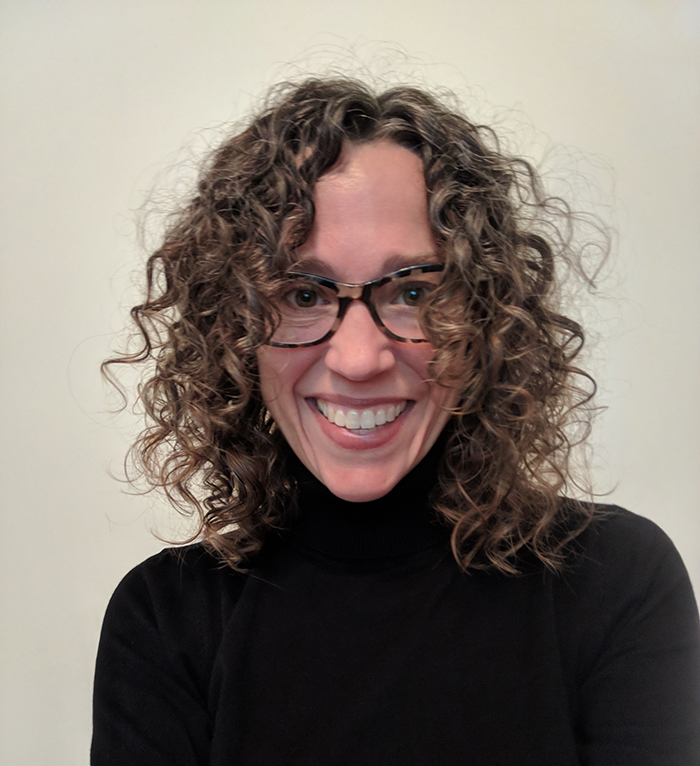Mary Thomas
Contributing Scholar and Co-Director 2018-2021
Department of Women's, Gender and Sexuality Studies
Biography
My scholarship examines the attachments people have to social, racial, sexual, and gender divisions. I have examined these processes of attachment in a range of contexts, including among teenage girls after a racially-motivated large scale fight at their high school, among oil field workers and town planners in western North Dakota, and in juvenile detention facilities and adult men’s prisons in Ohio. My academic training as a feminist and a geographer grounds an understanding of marginalization as experienced and perpetuated through nuanced relations in specific places and spaces. My single authored book, Multicultural Girlhood: Racism, Sexuality and the Conflicted Spaces of American Education, came out in 2011 with Temple University Press, and I continue to do research on adolescent girlhood, more recently on their experiences of incarceration in Ohio. I am writing a series of articles about this research, and I do some advocacy and policy work with a statewide coalition called the Ohio Juvenile Justice Alliance. I also have volunteered as a higher ed instructor at an adult men’s facility in Marion, Ohio. I’ve taught a range of topics including feminist and queer theory, histories of incarceration, and science fiction.
My work also considers how Anthropocene discourses and temporalities perpetuate settler colonialism, white supremacy, and heteropatriarchies. Her collaborative research and writing projects explore sites and relations in extraction zones and their materialisms. I’m finishing up an edited book with Bruce Braun of the University of Minnesota and Mat Coleman at OSU on the Bakken oil play in North Dakota (Tommy Davis has a chapter in the book). I have started working on a new project with Kathryn Yusoff of Queen Mary, University of London, on Earth’s surface and its relation to the underground.
My interests in youth studies, extraction, and feminist materialist theory found a junction in my recent teaching. In May 2018, I taught a graduate seminar on childhood and futurity in the Anthropocene and enjoyed teaching N.K. Jemisin’s astonishing Broken Earth Trilogy. Jemisin’s books start with the end of the world and prompt a bold honesty in figuring how to create new worlds in the rifts of violence, slavery, and human and inhuman suffering. Can we break the legacies of past worlds as we imagine new ones? This challenging question is both a provocation and a cautionary tale – both are especially important incitements for Livable Futures.
Q & A
What makes more livable futures for you?
I spend too much time planning for the future as a ruse to make sense of my present. A livable future to me, therefore, is about letting go of too much structure and the fraught expectations that come from that stiffness. Psychoanalysis has been a part of my scholarship since my doctoral work, and while it teaches me that there is a foundational structure to everyone’s idiosyncratic subjectivity, as an analytic it also shows a way to build new approaches to what the world throws our way – and what we throw in the way of the unfoldings around us. Livability for me, then, is a term that fosters openness and helps me to think about inhibitions to openness and radical change. I’m less invested in futurity, as I think the concept of time allows for complacency and distraction – the future is always here and now after all, since it only exists in our imaginations and fantasies.
What are you reading, viewing, listening to right now?
This morning I read a poem called “Dinosaurs in the Hood” by Danez Smith. I loved it. I just finished rereading Parable of the Sower by Octavia Butler, because my PhD student Deja Beamon is working through it as a part of her dissertation work, and I needed a refresher. Like Jenny, I listen to a lot of Patty Griffin, and while I was painting my garage this summer I had a lot of fun listening to Bruce Springstein! Sharon Van Etten, Otis Redding, Kurt Vile, Brandi Carlile, and Black Mountain play often in my office as I work. My friend and colleague Lynaya Elliott made an amazing playlist on Spotify called “Don’t Need No Man – Feminist Country/Folk” that y’all should check out.
What practices are sustaining you?
Making hush puppies and biking with my son, with the occasional game of kickball in our backyard and lots of snuggles and laughing together. Reading and thinking with my students at Marion Correctional Institution whenever I can, and teaching here at OSU to all of these amazing feminist students in WGSS whose passion and engagement make me want to go to work (almost) every day. Like my LF friends, I garden. I provoke a lot of ire in my neighborhood for refusing to poison the yard. Bring on the dandelions!
